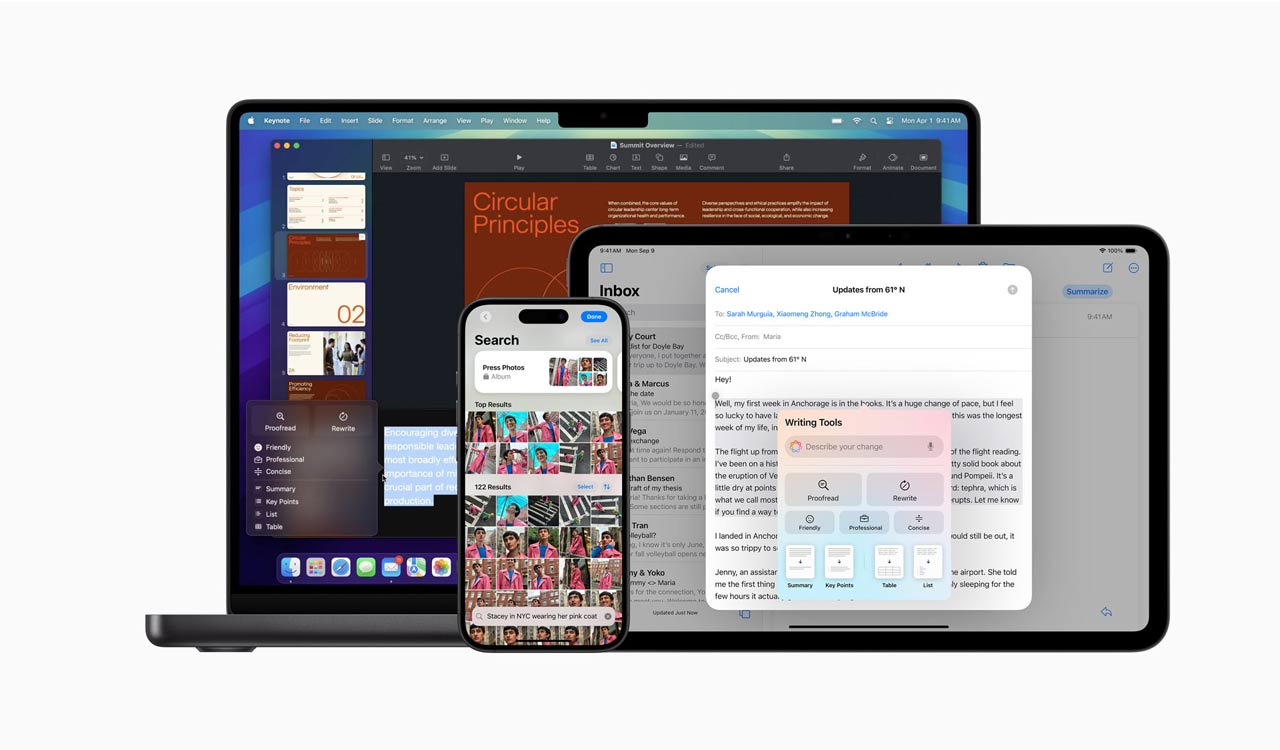The Role of Podcasts in Enhancing English Comprehension
Listening to native speech patterns, different accents, and casual conversations in podcasts provides exposure that can enhance understanding. These benefits can be incorporated into daily activities. For example, someone might listen to an episode during a break or while playing an online game — click here to balance relaxation with language practice.

Podcasts have gained popularity as a learning material due to their accessibility and the variety of content available. Many learners integrate English-language podcasts into their daily routines to improve comprehension skills. Listening to native speech patterns, different accents, and casual conversations in podcasts provides exposure that can enhance understanding.
These benefits can be incorporated into daily activities. For example, someone might listen to an episode during a break or while playing an online game — click here to balance relaxation with language practice.
How Podcasts Improve English Comprehension
Podcasts are effective because they simulate real-world conversations. Unlike structured language courses, they expose listeners to natural speech, including informal grammar, contractions, and varying speech speeds. Regular exposure to authentic spoken language can improve listening comprehension skills over time.
Exposure to Different Accents and Pronunciation Variations
English is spoken in multiple dialects and accents. Learners who are accustomed to a single accent may find it difficult to understand others. Podcasts help by providing exposure to different ways English is spoken. Those who listen to a variety of accents develop better listening skills than those who primarily engage with a single variety of English.
For example, an American news podcast might feature standard American pronunciation, while an Australian business podcast may introduce variations in vowel sounds. Exposure to these differences can make it easier for learners to understand spoken English in different settings.
Understanding Colloquial Language and Informal Expressions
Textbooks typically focus on formal grammar and vocabulary, but everyday conversation often includes idioms, slang, and casual expressions. Informal speech patterns can be a key challenge for language learners. Podcasts featuring conversational English can bridge this gap.
For example, in casual conversation, a native speaker might say, “I’ll hit you up later,” meaning “I’ll contact you later.” Without prior exposure, a learner might not immediately understand this phrase. Podcasts featuring unscripted discussions provide repeated encounters with such expressions, increasing comprehension over time.
Listening to Connected Speech
Native speakers often link words together, drop certain sounds, or modify pronunciation in casual speech. This phenomenon, known as connected speech, can make it difficult for learners to distinguish individual words. Those who practice listening to connected speech improve their ability to parse spoken words more effectively.
For instance, “Did you eat yet?” is often pronounced as “Didja eat yet?” in conversational English. Listening to podcasts that feature spontaneous dialogue helps learners recognize these patterns and understand spoken English more naturally.
Improving Vocabulary Retention Through Context
Learning words in isolation is less effective than acquiring them through context. Podcasts present vocabulary in meaningful settings, which aids retention. Learning vocabulary through context enhances recall and usage compared to rote memorization.
For example, an episode of a business podcast discussing “market trends” and “consumer behavior” provides context for these terms. This method of vocabulary acquisition is particularly useful for advanced learners aiming to expand their professional or academic English skills.
Strategies to Maximize Learning with Podcasts
While passive listening can be helpful, structured approaches enhance the benefits. The following strategies can improve comprehension skills when using podcasts for language learning.
Select Appropriate Podcasts
Choosing the right podcast depends on proficiency level. Beginners may benefit from podcasts designed for language learners, such as ESL Pod or BBC Learning English. These often feature slower speech and explanations of difficult words. Intermediate and advanced learners can explore general podcasts on news, business, or culture to challenge their comprehension skills.
Listen with a Purpose
Setting a specific goal for each listening session increases retention. For example, a learner might focus on understanding the main ideas, identifying new vocabulary, or analyzing pronunciation. Goal-oriented listening improves comprehension skills more effectively than passive exposure.
Use Transcripts
Many podcasts provide transcripts, which can be a useful tool for improving comprehension. Reading along while listening allows learners to identify words they might have misheard. Those who use transcripts improve their ability to recognize spoken words more accurately over time.
Practice Shadowing Techniques
Shadowing involves repeating what the speaker says while trying to match their pronunciation and intonation. This technique has been shown to improve both listening and speaking skills. Shadowing helps learners develop better pronunciation and fluency.
Review and Summarizing Episodes
After listening to an episode, summarizing the content in writing or speaking reinforces learning. Learners who actively summarize what they heard retain information more effectively than those who only listen passively.
Related News
-
Revanth Reddy’s ‘Engillpiece’ remark draws flak from Osmania University academicians
-
Telangana rolls out ‘digital learning’ module for school kids
-
Executive order: Donald Trump to sign designating English as official language of United States
-
Apple expands Apple intelligence to more languages, including localized English for India
-
Two Belgian Malinois sniffer dogs inducted into Kothagudem district police force
24 mins ago -
Casagrand Introduces Hyderabad’s First UPARTMENT with the launch of Casagrand Mandarin in Miyapur
27 mins ago -
Cheques distributed to women at Nava Women Empowerment Centre
38 mins ago -
Jagan alleges irregularities in Tirupati laddu ghee supply during Chandrababu Naidu’s tenure
41 mins ago -
15-month-old boy etches his name on international record book in Nirmal
50 mins ago -
Gold ornaments stolen from woman at Jogipet bus station
55 mins ago -
Disqualification of BRS turncoat MLAs inevitable, elections soon, says KP Vivekanand
58 mins ago -
KTR writes open letter to CM, demands budget allocations for six guarantees
59 mins ago




